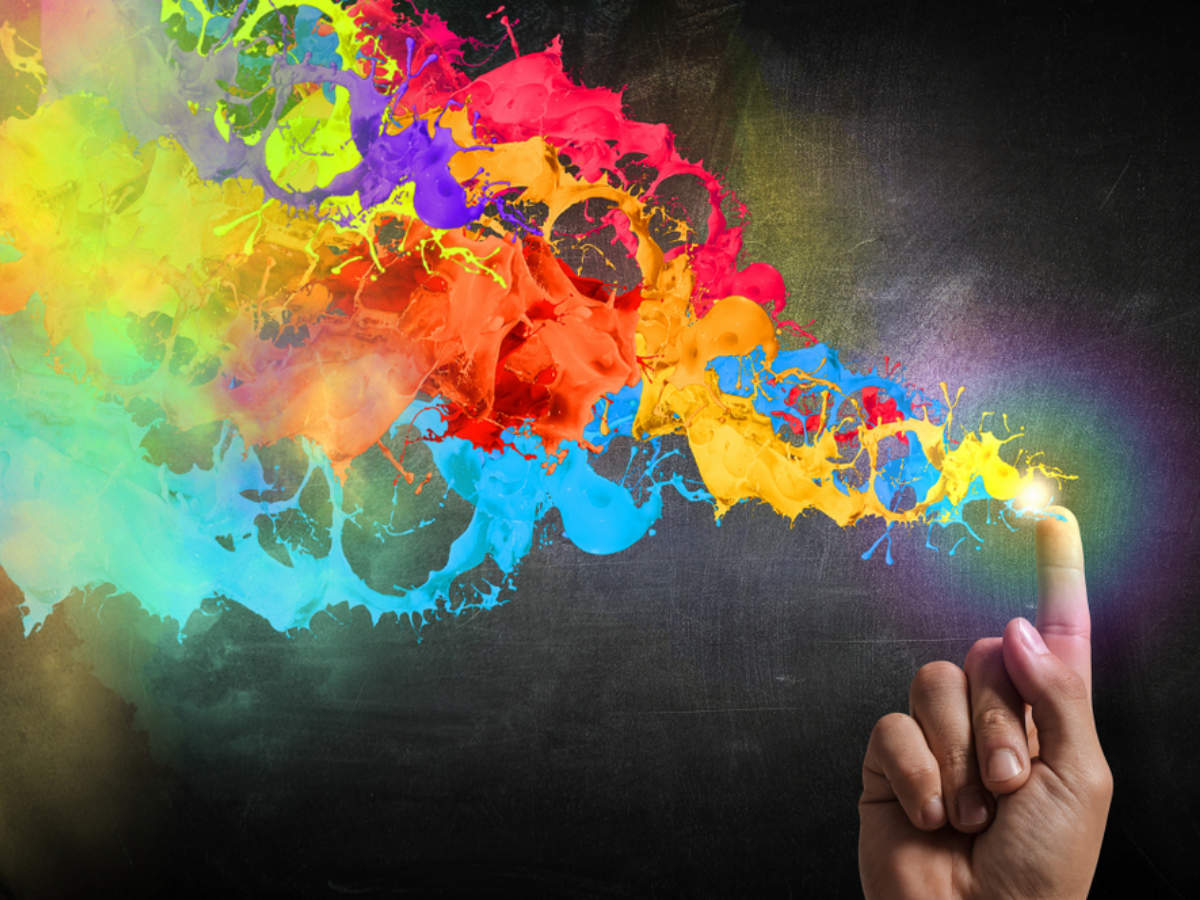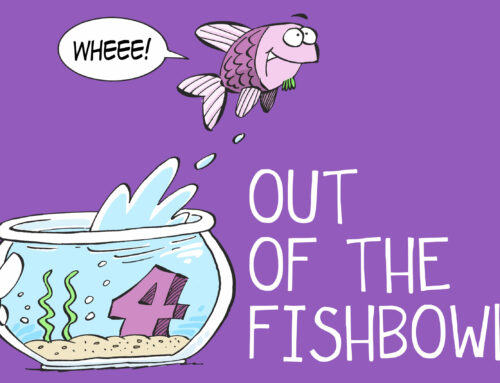The Colourblind argument seems to be a confusing one for many people. White people, trying to do the right thing, often hold on to the statement: I don’t see colour. While completely believing it.
i would like to approach that from a different direction than i have before, which might make it easier for some of you to get.
Many of my best friends are black, coloured and indian people. And no, that’s not me fending of an accusation of being called racist with the classic, “I can’t be racist, I have a black friend/significant other/adopted child”.
Rather it is me leaning into, “I can’t not see colour, because a whole lot of people who i care about deeply are affected by it every single day.”
[Disclaimer: This doesn’t become any less significant if i don’t have any black friends i care deeply about – this is not important BECAUSE it relates to people i care about. It is important full stop. The fact that i care deeply about so many people it affects makes it feel a whole lot more important to me specifically! In a similar way to the idea that violence against women is not okay full stop. it’s not bad simply because i might have a sister or mother or daughter or friend who is being affected. It’s bad. i will feel it more directly when it is one of those people because of the connection. Is all.]
Black Lives Matter
Yes, all lives matter. Yes, white lives matter. So why the insistence on #BlackLivesMatter?
Because on a daily basis, around the world, there is evidence that black lives don’t matter. We never see this same evidence for white people’s lives. We all get that all lives matter. But people of colour seem to be the only ones who have to fight for that to be true for them!
The #BlackLivesMatter hashtag and movement were a response to daily happenings in America [and let’s be honest, around the world] that seemed to loudly and repeatedly suggest that black lives didn’t matter. In a way that we have never seen with white lives [despite the B.E.E. and farm murder narratives, which never hold up if you deal with the evidence]

Colour Aware vs Colourblind
Coming back to colourblindness, it is important that we realise that people are treated differently based on the colour of their skin.
In South Africa this manifests in the form of who appears as ‘suspicious persons’ in Neighbourhood Whatsapp groups, in how easy or difficult it might be for some people to get a bank loan, in the response by police to people trying to buy groceries in the township [rubber bullets and tear gas] vs the response of police to white surfers [dealt with gently, returned cellphone, asked nicely to leave], or to get a booking in a restaurant on the phone, or the assumption that you belong or are out of place in a certain area, and the list goes on.
When i say that i am colourblind, or that i don’t see colour, i am also refusing to acknowledge systems, structures and people who continue to make life harder and more unpleasant for black, coloured and indian people in South Africa. And that is not okay. It is doubly not okay for all those people in my life who i say i care about or deeply love.
#NotOnOurWatch
Rather, i would encourage you to join the #NotOnOurWatch movement. What that is, is a daily commitment to interrupt racism in any way shape or form that takes place in front of you [whether offline or online]. Whether it is with your family around the dinner table or your work colleague in a meeting, whether it’s a sports teammate sharing a racist joke on the team Whatsapp group or an incident that happens in front of you in a parking lot. You join me in committing to interrupt racism every single time it shows up.
This should begin with educating yourself, which means you will start to listen to black, white and coloured people as they speak about their lived experiences. You will start to take them seriously. You will do some reading up and let black, white and indian voices inform you on these things as people who have lived under the oppression of it their whole lives to differing extents. It could involve committing to working through these 40 examples of things white people can do to answer the question, ‘But what can I do?’
It will largely involve listening and reading and paying more careful attention. Seeking to learn and be educated about your blind spots. Becoming an ally to your black, coloured and indian friends and letting them tell you what that looks like.
When you say “I am colourblind”, no matter how nicely you think you mean it, you are saying, “I am not interested in acknowledging that your lived experience is harder than mine because of your skin colour.” That is it. Be aware of colour. And be prepared to start doing something about it.







Leave a Reply